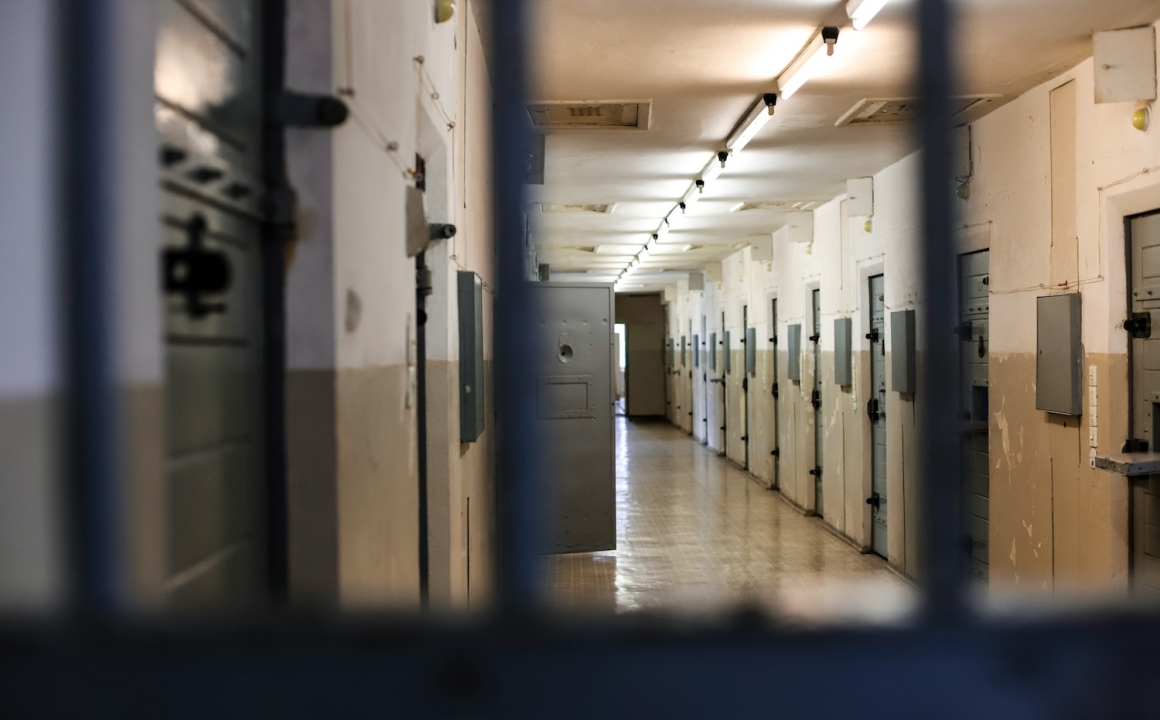The Dangers of Youth Detention

Holy Family University doctoral student in Counseling Psychology
The Bold Idea:
Incarceration at a young age hinders the necessary emotional and physical maturation of youth, leading to high rates of recidivism.

The psychological literature raises serious concerns about the competence of juveniles to be adjudicated in the adult criminal justice system. Juveniles lack the competence, brain development, and maturity to understand the process of a trial, the role of the jury, the notion of legal rights, how to communicate effectively with counsel and make well-reasoned and mature judgements. There are several factors that encompass the psychological maturity of whether juveniles have the maturity or brain development that leads to decision-making process and outcomes (Cox et.,al 2012).
When adolescents lack this psychological maturity, it is important to recognize their stage in development as it has a direct correlation to their decision making. Their limited life experience makes it more difficult to envision the consequences of their decisions that determine their futures. It is apparent that psychological immaturity can impact a juvenile’s adjudicative consequences (Cox et.,al 2012).
Detained youth with conduct disorder (CD) and psychopathic traits are considered a high-risk and difficult to treat population (Rijo et al., 2023). The PSYCHOTHERAPY.COMP which is an intervention based on compassion-focused therapy (CFT) is the first individually delivered program that was specifically designed to reduce antisocial behavior through compassionate motivation. The program was able to reduce psychopathic traits and disruptive behavior, in an engaging treatment approach (Rijo et al., 2023).
Violent juvenile crime increased in the mid-1980’s. Due to this increase, state legislatures enacted a number of policies to eliminate “super predators” (Jordan, 2016). With youth violence increasing drastically in the 1980’s, judicial waivers increased. It peaked in 1994 with around 13,000 youth being waived to the adult judicial system by a juvenile court judge. Since then, the number has been decreasing with approximately 4,000 youth being waived in 2013 (Jordan, 2016).
We don’t usually expect children to be criminals or expect crimes to be committed by children, so the connection between childhood and criminality creates a dilemma that most find difficult to resolve. The article suggests that the way to mitigate the problem is to redine the definition of the crime, that takes into consideration the brain development. (Steinberg, 2017). As violent youth crime rates increased, attacks on the juvenile court intensified.
“Adult time for adult crime” is a saying to refer to young offenders being subject to harsh punishments, administered by adult criminal courts (Steinberg, 2017). The United States continues to punish individuals who commit serious crimes more harshly than the rest of the world (Steinberg, 2017). Before the year 2005, the United States, allowed 16-17 year olds who were convicted of homicide could be eligible for the death penalty. (Steinberg, 2017). Only a few Americans under the age of 18 have been sentenced to death, several thousand have received life sentences (Steinberg, 2017).
One issue that incarcerated youth experience in detention is that some youth are intrigued and encouraged to stay consistent with negative behaviors because they want to impress their peers (Bollich-Ziegler., et al 2021). According to the research, it’s suggested that incarceration for youth influences higher levels of attention seeking, impulsiveness, and can predict recidivism depending on the type of incarcerated behavior (Bollich-Ziegler,. et al 2021). Additionally, the types of social interactions the youth are experiencing aren’t neurotypical.
Non incarcerated youth are engaging in positive behaviors such as going to school, working, and hanging out with friends. These experiences are linked to positive maturation, and increased brain development (Bollich-Ziegler., et al 2021). In contrast, incarcerated youth may have had these experiences before, however incarceration may stunt the typical development in adolescents (Bollich-Ziegler., et al 2021). Due to the fact that incarceration hinders you until you may be released, the social investment theory suggests that incarcerated vs. non incarcerated youth will not develop at the same rate as each other, based on differences (Bollich-Ziegler., et al 2021).
References
Bollich-Ziegler, K., Beck, E. D., Hill, P. L., & Jackson, J. J. (2021). Do correctional facilities correct our youth?: Effects of incarceration and court-ordered community service on personality development. Journal of Personality and Social Psychology, 121(4), 894-913. https://doi.org/10.1037/pspp0000326
Cox, J. M., Goldstein, N. E. S., Dolores, J., Zelechoski, A. D., & Messenheimer, S. (2012). The impact of juveniles' ages and levels of psychosocial maturity on judges' opinions about adjudicative competence. Law and Human Behavior, 36(1), 21-27. https://doi.org/10.1037/h0093953
Jordan, K. L., & McNeal, B. A. (2016). Juvenile penalty or leniency: Sentencing of juveniles in the criminal justice system. Law and Human Behavior, 40(4), 387-400. https://doi.org/10.1037/lhb0000186
Rijo, D., Ribeiro da Silva, D., Brazão, N., Paulo, M., Ramos Miguel, R., Castilho, P., Vagos, P., & Gilbert, P. (2023). Promoting a compassionate motivation in detained youth: A secondary analysis of a controlled trial with the PSYCHOPATHY.COMP program. Personality Disorders: Theory, Research, and Treatment, 14(2), 223-236. https://doi.org/10.1037/per0000594
Steinberg, L. (2017). Adolescent brain science and juvenile justice policymaking. Psychology, Public Policy, and Law, 23(4), 410-420. https://doi.org/10.1037/law0000128
